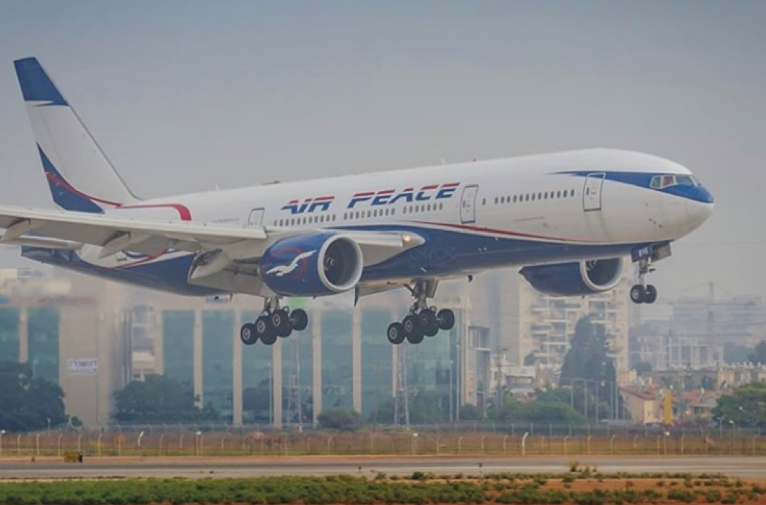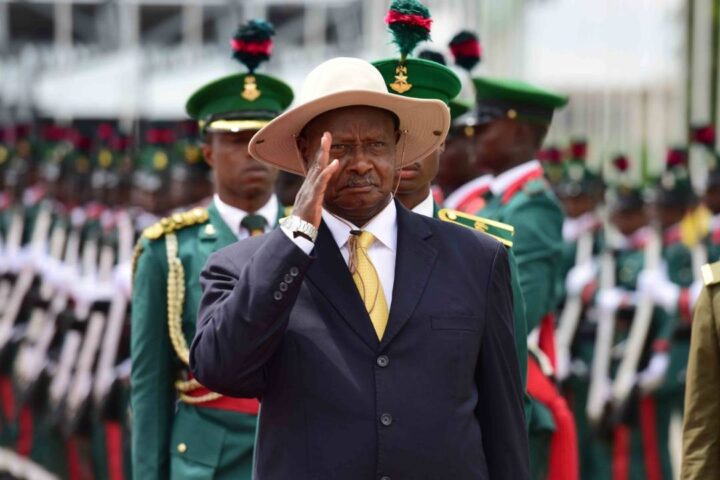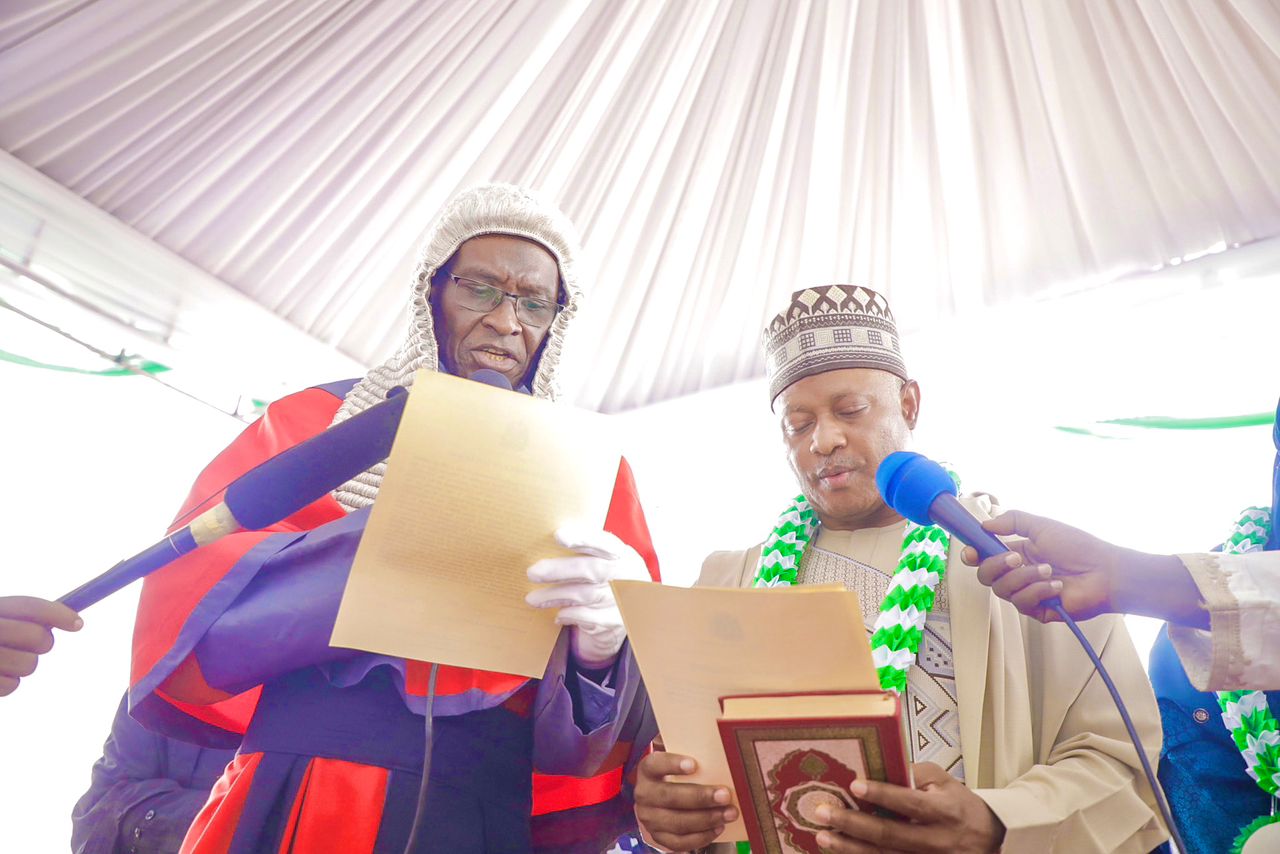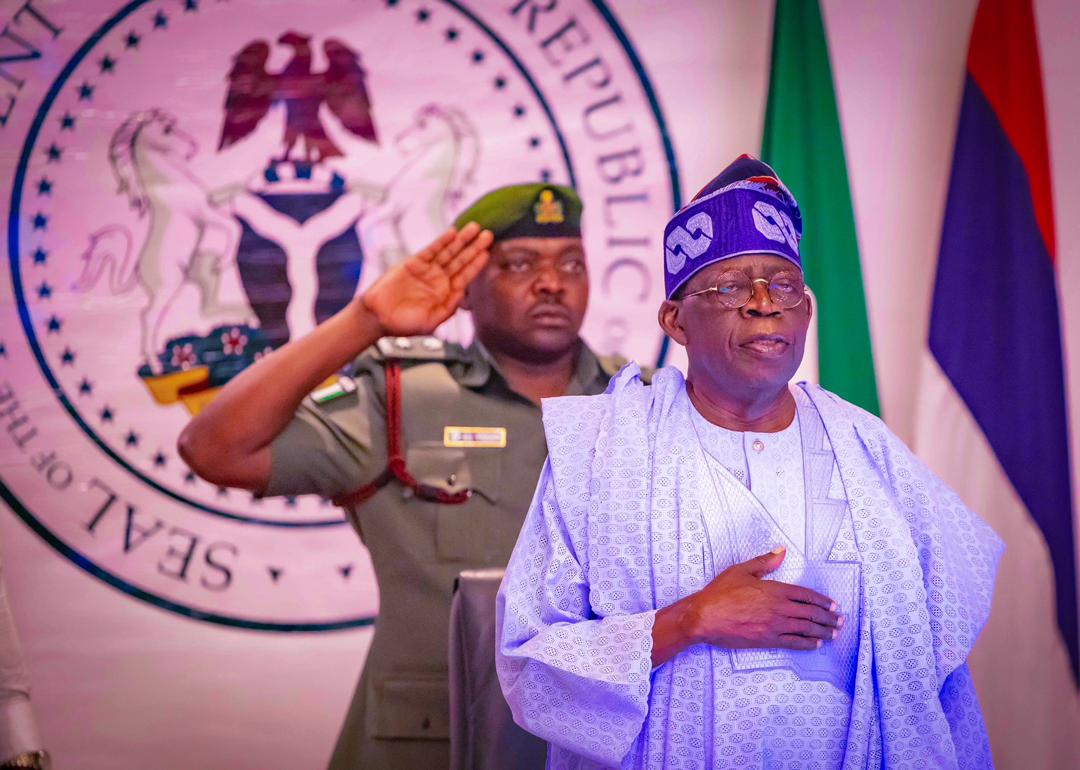Air Peace, Nigeria’s biggest aviation carrier, on March 31, 2023, commenced direct flight operations to India, the world’s fifth largest economy and second most populous country. This is the latest in a series of direct flights to other leading Asian and global economies by Air Peace, and signifies what could be a positive and strategic pointer in Nigeria’s economic and bilateral relations with some of the newly leading and emerging economies in the world- if strategically managed.
The term ‘Pivot to Asia’ is drawn from the United States (US) foreign strategy drift under President Obama in 2012. This US policy strategy contained economic, security and diplomatic plans, which underscores the importance leading western countries such as the US, attaches to Asia. Aside the known global economic and political growth of Singapore, South Korea, Taiwan and Hong Kong which constitute the ‘Asian Tigers’, and especially China in recent decades, there are a number of recent events that highlight the global political, economic and demographic strength of both China and India in the international arena. They include the recent ability of China, which is the world’s second largest economy and most populous country to broker diplomatic peace between Saudi Arabia and Iran; and India’s ability to ignore western sanctions against Russia, due to the latter’s invasion of Ukraine.
Prior to its direct flights to India, Air Peace, founded by Allen Onyema, a Nigerian lawyer and businessman in 2013, had commenced direct flight operations to China on July 12, 2022, to Israel on April 20, 2023 and to the United Arab Emirates in July 2019. While on the surface this trend of direct commercial flights to Asia may not signify much of a change in economic patterns, it actually means a lot for Nigeria, and possibly more.
Nigeria has mostly been unable to maximize the benefits of several Bilateral Air Service Agreements (BASA) signed with other countries. This is largely because Nigerian airlines have lacked the capacity to sustainably operate international routes, as well as for other reasons. In the process, high value jobs and economic activities in the international aviation supply chain that should accrue to Nigeria are lost. The trend also fits into a disadvantageous tendency in the country’s international economic relations, where it struggles to export finished goods and services that have gone through some processing and should therefore attract optimal economic value.
The increase in interactions between Nigeria and Asia due to direct aviation links helps demonstrate the desire by many Nigerians for international relations that will be more economically beneficial to Nigeria. There is the expectation that closer ties with Asia will be more beneficial than relations with advanced Western countries, with which Nigeria has had closer aviation, economic and human relations. Nigeria’s economic relations with advanced economies has been disadvantageous to the country, whereby its exports are mostly raw materials and low value products, while imports from the West are manufactured and high value goods.
Advertisement
Before Nigerians get carried away with some euphoria about relations with Asia, it is important to assess the current state of economic relations between Nigeria and the leading Asian countries — China and India.
Though Nigeria and China have had formal diplomatic relations since February 10, 1971, the last two decades have seen a major increase in the volume of bilateral trade, rising from $384 million in 1998 to $24.95 billion in 2022. The $2.4 billion currency swap deal, valid for three years, was signed in April 2018 to improve trade relations. For a bit more context, while China has been the country most responsible for imports into Nigeria in the last two years, it has hardly featured among the top-ten export markets for Nigeria. A lot of the Chinese economic activities in Nigeria are visible in conditional credit financing for infrastructural projects. Some of these projects include the $874 million, 187km Abuja-Kaduna rail; the $1.2 billion, 312km Lagos-Ibadan expressway; the $1.1 billion Kano-Kaduna railway line; and the $600 million airport terminals project in the major cities of Kano, Abuja, Lagos and Port Harcourt.
Within the strategic information and communications technology (ICT) sector that constitutes 16.22% of gross domestic product (GDP) in 2022, and where growth is driven by the telecommunications sub-sector, Chinese companies are also very visible. Sino companies such as Huawei and ZTE have in addition to being major players in the provision of lucrative and strategic infrastructure for Nigeria’s ICT and digital economy, currently engaged in the building of new 5G network infrastructure
In 2021, China not only had a more beneficial balance of trade with Nigeria, but also in the nature of its exports to the country. The world’s second largest economy’s exports to Nigeria amounted to $21.9 billion, consisting of a diverse and complex portfolio of mostly manufactured products such as telephones, broadcasting equipment, motor vehicles, aluminum, vehicles, ceramics, rubber tires, construction fixtures, among others. Nigeria’s exports in same year amounted to $3.05 billion, consisting of largely raw products with petroleum gas at 46.7%, crude oil at 33.6%, lead ore, raw aluminum, raw cooper, zinc ore, among a few others. Nigeria’s economic relations with China is therefore not very different from its disadvantaged economic relations with advanced western economies.
Advertisement
India’s economic relations with Nigeria have not been different from the pattern with China and Western countries. The Asian giant and world’s most populous country, which shares a border with China, established diplomatic presence in Nigeria in 1958, two years before Nigeria’s independence. Between 2017/18 and 2021/22 financial years, trade between both countries has ranged from $11.7 billion, $13.8 billion, $13.8 billion, $8.8 billion and $14.9 billion. Of this $63 billion, Nigeria exports amounted to $46.3 billion or about 73.4% of total exports, while India’s exports to Nigeria amounted $16.5 billion or 26.5% in the same period. At face value, Nigeria has a more favourable balance of trade with India. However, a more detailed assessment reveals a slightly different scenario. In 2021/22 for example, India, Nigeria’s largest importer of petroleum products imported $10.29 worth of imports. Crude oil accounted for $10.03 billion or 97.47 percent. Nigeria’s imports from India in the same period consisted of electrical machinery, vehicles, organic chemicals, pharmaceuticals, nuclear reactors, paper & paperboard, plastics and articles. In essence, Nigeria exports almost only unrefined crude oil to India, while India exports processed and finished goods to Nigeria. The cost of medical tourism from Nigeria to India was $260 million in 2019.
What the trade data between Nigeria and these leading Asian economies show is that there isn’t much difference in the nature of bilateral economic relations between Nigeria and these Asian countries, and Nigeria and leading Western countries. This further highlights the magnitude of what Air Peace has been able to achieve as a Nigerian aviation company.
If Nigeria’s pivot to Asia is going to be more beneficial and made of sterner stuff, what then are the strategic approaches to be adopted?
Beyond the promotion of economic diplomacy initiatives, especially as popularized by Gen. Ike Nwachukwu, the foreign affairs minister under Gen. Ibrahim Babangida in the 1980’s, Nigeria’s foreign affairs establishment has to show more interest, and play more active roles in economic and industrial advocacy of the country. As it is becoming more obvious, there is little international prestige for any country without the economic base to support such aspiration. Foreign affairs are in itself, expensive.
Advertisement
At present, the Nigeria Investment Promotion Commission (NIPC) conducts some form of short-term training for ambassador designates, to equip them with some economic diplomatic skills when they assume foreign diplomatic positions. The training and skills will however not amount to much, if most of what Nigeria’s economy has available for export are crude oil and other commodities in largely unprocessed form.
Nigerian foreign affairs stakeholders will have to either create or strengthen existing engagements with the Manufacturers Association of Nigeria (MAN), Nigeria Economic Summit Group (NESG), Nigeria Employers Consultative Association (NECA), Nigerian Association of Chambers of Commerce, Industry, Mines, and Agriculture (NACCIMA), economic think-tanks and the Organised Private Sector (OPS). This modification in perspective and foreign policy should lead to foreign policy briefs and engagements collaboratively championing the cause of the productive side of Nigeria’s industrial sector. Enhanced engagements in economic advocacy by foreign affairs stakeholders should contribute to efficient resolution of challenges that hinder economic output in Nigeria, such as inordinate taxes, bad policies, monetary policy constraints, poor electricity supply, among other inhibiting factors. It will also help curtail the tendency that some top political officials have about ‘escaping’ economic problems, by focusing on international travels.
This new foreign policy perspective should lead to the development of joint policy briefs by both sectors, such as the Nigeria Institute of International Affairs (NIIA) collaborating with MAN, NECA, NESG or NACCIMA, where economic policy briefs also contain segments on the foreign policy implications of economic situations in Nigeria. In addition, events organised by these stakeholder organisations will have representation from NIIA and the foreign policy establishment, where they can highlight the benefits or foreign policy implications of economic activities. And to add that this collaborative approach should be accompanied with researched policy advisory for the Nigerian private sector on the export opportunities to Asia and other parts of the world.
The proposed new approach should subsequently lead to the beneficial relationship expected from the Global South, as well as in Nigeria’s international economic relations with advanced western economies.
Advertisement
It is not envisaged to be an easy shift in policy, just as the economic diplomacy initiative of Gen. Ike Nwachukwu faced some opposition within the then Nigeria’s Foreign Affairs establishment, who felt that ‘Trade Desks’ alone within foreign missions were enough. However, better understanding of the vision of contemporary international economic relations makes some review in orientation and policy more feasible and realizable.
And this is not to say that the Nigerian manufacturing and service sector are doing nothing. Innoson Vehicle Motors (IVM) and a few other companies have been exporting technologically finished goods, while the creative sector also has some impact. Detailed assessment of Nigeria’s exports however shows that a lot more needs to be done.
There is a relationship with the nature of Nigeria’s trade exports, and the prestige that the country’s international affairs stakeholders desire. Nigeria’s manufacturing sector accounts for only 3% of total revenues from exports, but accounts for 50% of imports. This makes it difficult for jobs to be created in the industrial sector, especially for young people, leading to large migration trends, both legal and illegal. Illegal migration driven by economic factors does not give a good image of the country.
Advertisement
Air Peace is leading the pathway on more value-added beneficial international relations for Nigeria with Asia. Direct air links not only facilitate closer relations, but also earn foreign exchange revenue and jobs for Nigeria, when operated by a Nigerian carrier. This should be the minimum standard for Nigeria’s international economic relations, especially as Nigeria pivots to Asia.
Uwanaka writes from African University of Science and Technology, Abuja. He can be reached via [email protected]
Advertisement
Views expressed by contributors are strictly personal and not of TheCable.







